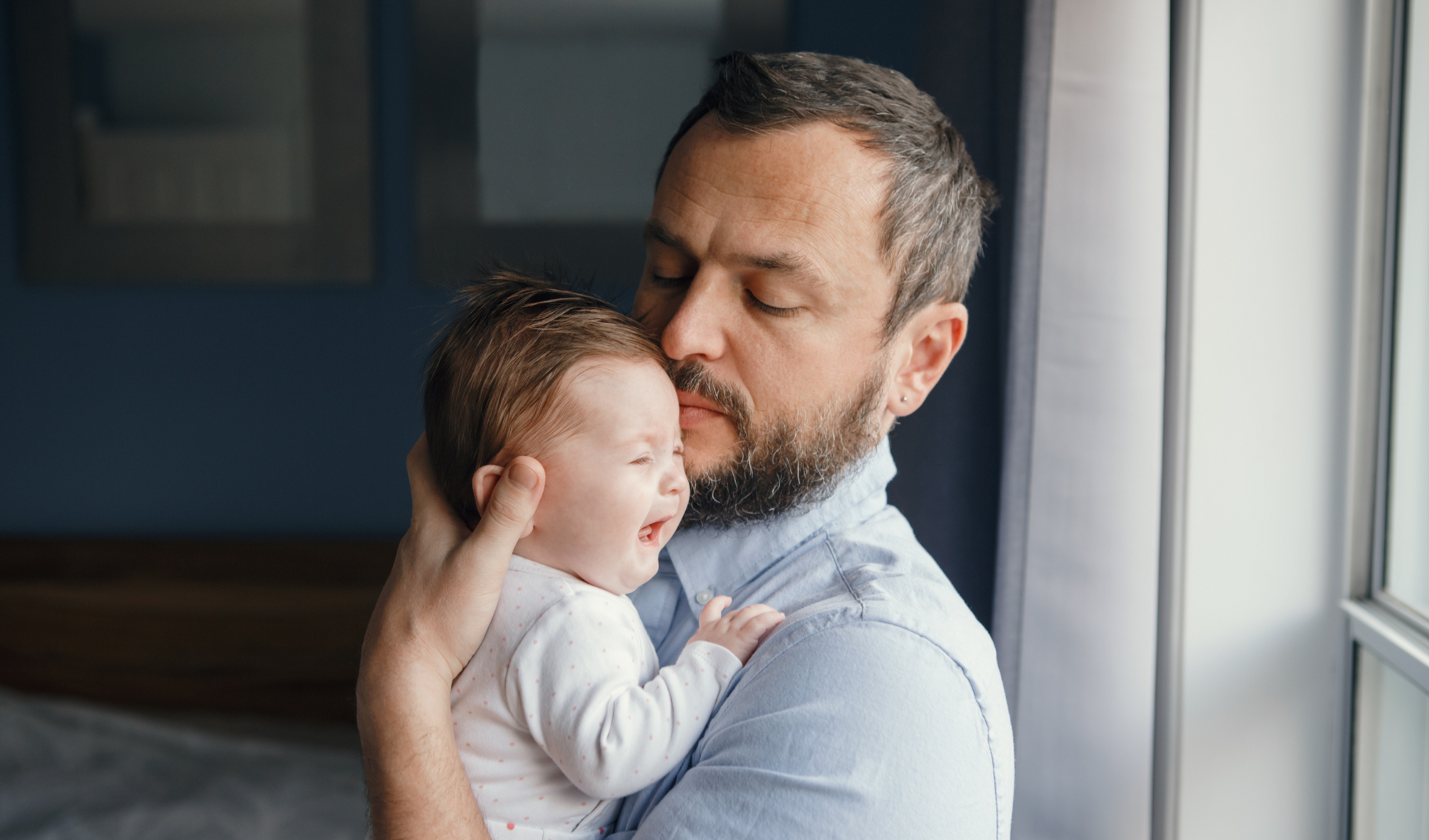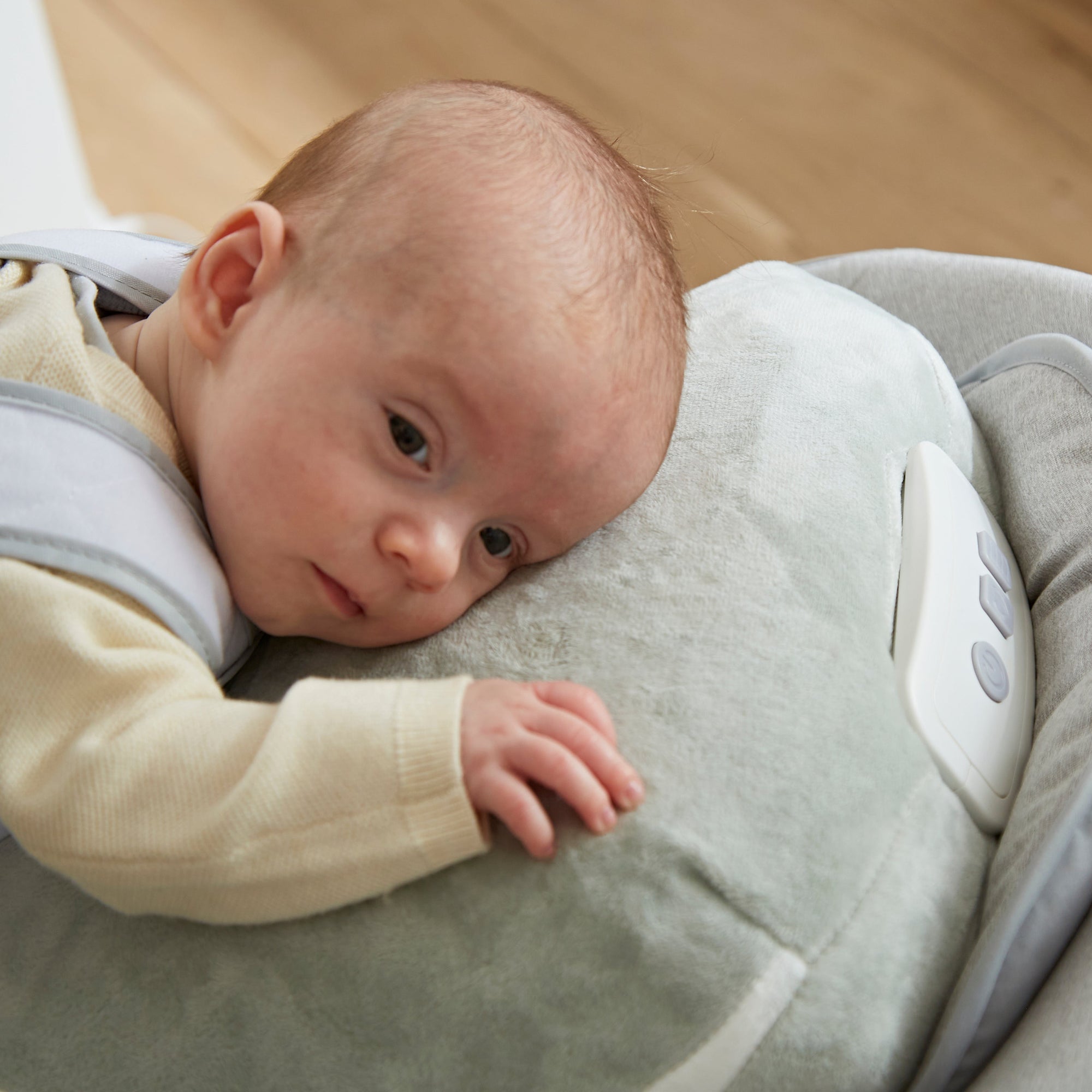It is never too early to start gathering the essentials you will need during your labour. Even if you are not planning a hospital birth it is always better to be prepared in case you have to go unexpectedly.
When should you pack your hospital bag?
Try to have your bag packed by 36 weeks so you can enjoy the last few weeks of pregnancy without the stress of last minute packing.
Hospitals can vary in their policies on what you can and can’t bring onto the ward so be sure to check ahead of time. Large suitcases take up a lot of room so it might be worth packing 2 bags - one for during labour and one that can be left in the car for after the birth, in case you need to stay longer on the ward.

What type of hospital bag do I need?
Any bag style will do, as long as it fits everything you need – and yes, a mini suitcase will also do the trick. You might find that packing two separate bags is more efficient – one for during labour and one for afterwards – so you can easily locate your items when you need them.
Once you've got everything together, leave your bags by the door or any other accessible place so they're easy to grab and go when the time comes. Let your birth partner or whoever is driving you to the hospital know where they are, too!
Before Packing Your Hospital Bag
Here are a couple of our tips to bear in mind before you begin packing your hospital bag:
- Buy dark clothing, including your underwear and nightwear.
- Buy a size of underwear larger than you need and ensure they reach your belly button.
- Buy unscented shower gels, soaps or body lotions, so your baby gets quickly accustomed to your smell - this helps them bond with you.
- Wash your baby’s clothes before they wear them to remove manufacturing chemicals and let them absorb your household-friendly bacteria.
- Wash your baby’s blanket and sleep with it to help it absorb your scent.
Your Hospital Bag Checklist: What to pack for labour
As with most things, preparing for labour and delivery involves a certain amount of admin. You’ll need to keep some records and documents to hand, along with things for your comfort:
- Your maternity notes.
- An old nightdress to wear during labour - nothing precious as it may get messy
- A lightweight dressing gown as hospitals can be warm.
- Backless slippers or flip flops that are easy to slip on and off.
- Socks in case your feet get cold during labour.
- Snacks and drinks. Bring in snacks that are high in carbohydrates, food and drinks which will allow the slow release of energy during labour and help give you a boost when you need it. Breakfast bars, popcorn, and fruit are great choices.
- Things to help you pass the time. A book, a magazine, download some fun apps, or a birthing ball - it can be a long wait during labour.
- A hairband or hair clips - to keep hair back out of your face even if you have short hair.
- Maternity pillow. This can help you get comfortable in a better position and also help with breastfeeding if you plan on that.
What should I pack for after the birth?
You may still be in the hospital, but that won’t stop you from wanting a few home comforts. Here are some of the must-haves we recommend:
- A going home outfit. Make sure comfort is the priority. Dark maternity leggings are a great choice and a loose top as it will take some time for your tummy to go down so don't just pack the clothes you wore pre-pregnancy.
- Breastfeeding essentials. Breast pads as you will need these whether you are breastfeeding or not as your breasts will leak slightly. Bring 2-3 comfortable nursing bras.
- Maternity pads. Bring a couple of packets of the long pads for after labour.
- Nightshirts. Bring in a few nightshirts or nightdresses. If you plan on breastfeeding make sure they open at the front to make feeding easier.
- Old, cheap dark pants. Even disposable ones as you may find that they get messy quickly and you will have to throw them away. Large cotton ones are great if you have a c-section as they will be gentle against the scar.
- Toiletries. Try to bring the travel versions so they don't take up as much space in your bag. Include all your regular toiletries, such as shampoo, conditioner, soap or body wash, flannel, toothbrush and toothpaste, deodorant, and moisturiser. Face wipes are great for a quick pick-me-up. Also, pack your hairbrush and any other accessories you think you might need to help you feel prepared for those early pics of you and your baby.

What should I pack for my baby?
Before you know it, you’ll be holding your newborn baby in your arms. The following list of newborn essentials will come in useful when they arrive:
- A selection of clothes and vests.
- Baby blanket. Although hospitals can be warm you may need a blanket when you leave.
- Nappies and plenty of them. Newborn babies can go through up to 12 nappies a day so make sure you have enough.
- Muslin squares. These are useful for when feeding your baby in case they bring up any milk.
- A baby hat and socks. These will be useful when leaving the hospital for warmth.
- Cotton wool. Newborn's skin is very delicate so it is recommended you use cotton wool and water to clean them at first before moving to wipes.
- Going home outfit. You may want to put your baby in something special to take them home and not forgetting to capture that all important photo!
- Car seat. Most hospitals will not let you leave without one. In the weeks leading up to the birth make sure you have practiced putting it into and taking it out of the car.
What should my birthing partner pack?
If you’re a birth partner, you may want to pack in a few things when supporting mum at the hospital:
- Water spritzer. This will help cool you down if it is warm during labour or in the hospital in general.
- Comfortable clothes. Your partner may be in hospital for some time so bring a change of clothes and wear comfortable shoes - they may be pacing the corridors!
- Mobile phone and charger. They will need their phone to make the all-important calls after the birth and also the charger in case you need to stay longer in hospital, not to mention to capture the first photo!
- Snacks and drinks. If you have these with you then you won’t need to leave the room to search for food. It’s important to stay hydrated and well-fed for the long haul!
- Spare change. You will need this for the car parking and vending machines in the hospital.

Before Leaving For Hospital Checklist
Nothing is more distracting for women and their partners during labour than worrying that you’ve left something at home or forgotten to switch something off.
A checklist takes away that worry. When you’re packing your hospital bag, you can start making that list and keep the list on the inside of the door that you’ll leave from.
Here’s an example checklist:
- Pack your bags into the car
- Pack the baby’s car seat
- Blow out candles
- Lock back door
- Let neighbours know
- Feed the dog
- Switch off oven
- Stop running the bath
- Change for parking
Keep adding to this list as you get closer to your birth, and when you’re in labour at home, your partner can begin working through the checklist until it’s complete. Take this checklist with you to the hospital to reassure you.

What else should I prepare outside of my hospital bag?
It's essential to plan how you will get to the hospital or midwifery unit, as you won't be able to predict when you might need to make this journey. If you're planning to go by car, make sure you have plenty of petrol in the tank. Talk to your birth partner or whoever is driving you to ensure they know what to do when the time comes.
The first few weeks as a mother are precious, and you'll want to spend as much time with your newborn as possible. Begin gathering items you'll regularly use in the coming weeks to your due date so you don't feel caught out. Consider buying essential items such as toilet paper, sanitary towels and nappies, and stocking up your freezer with leftovers or frozen food.


